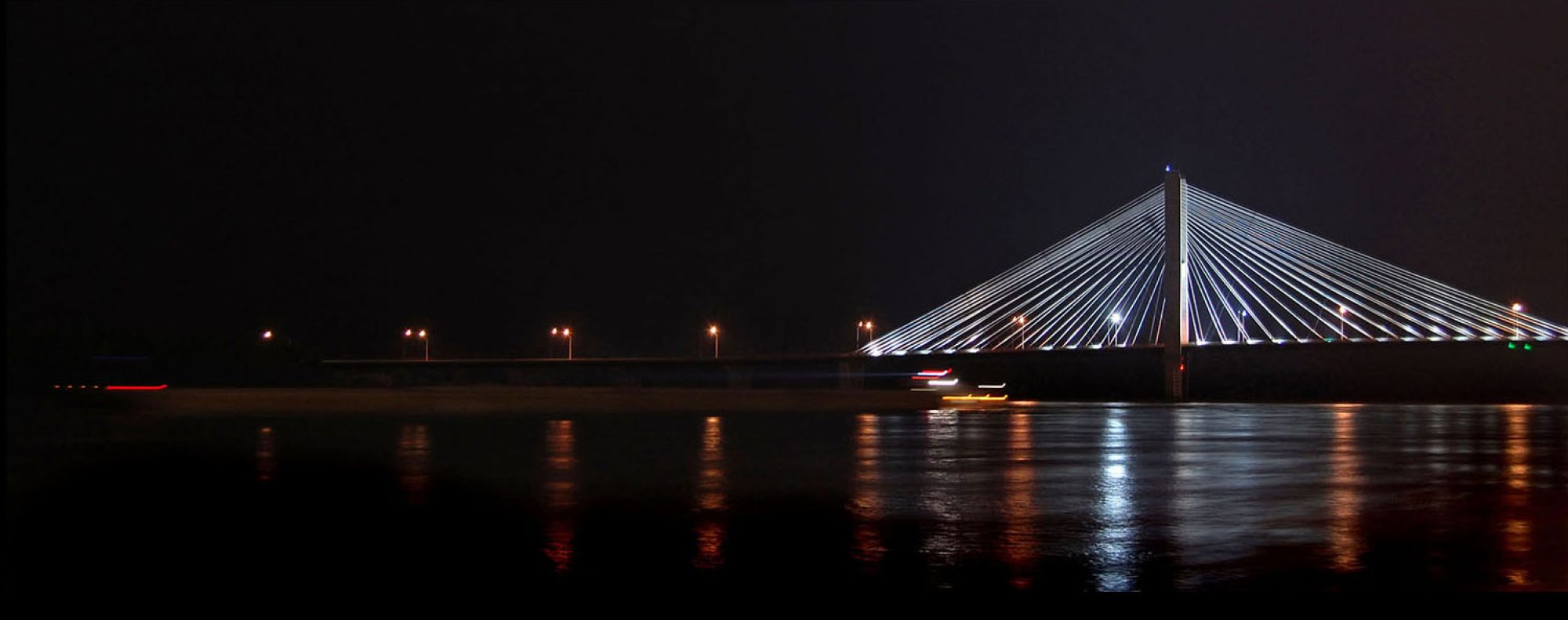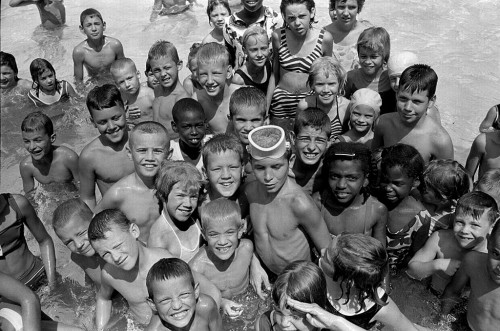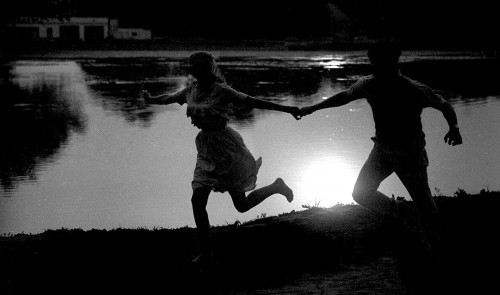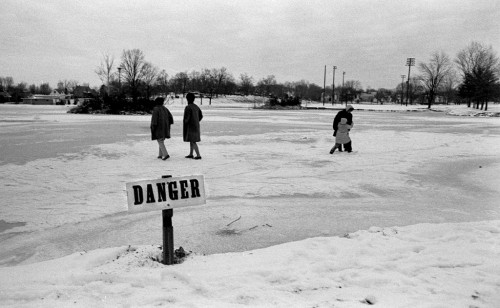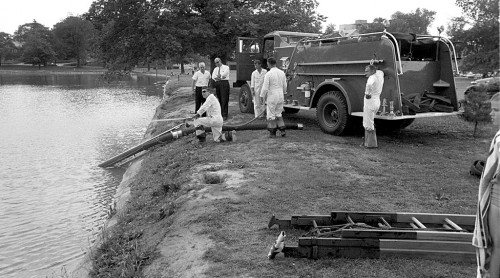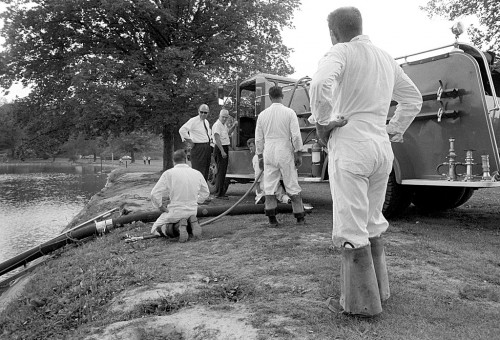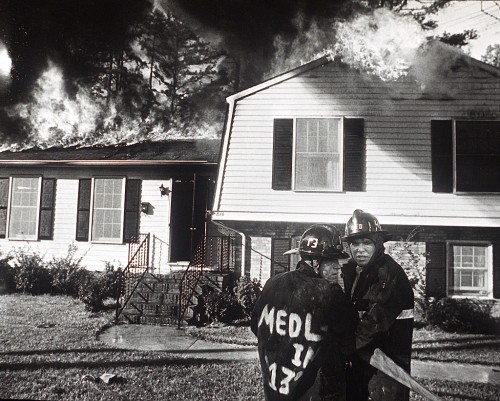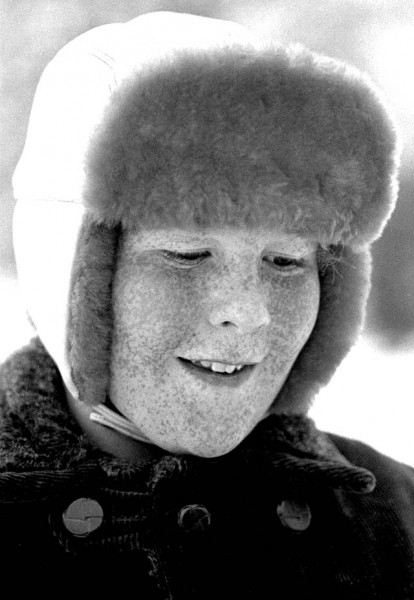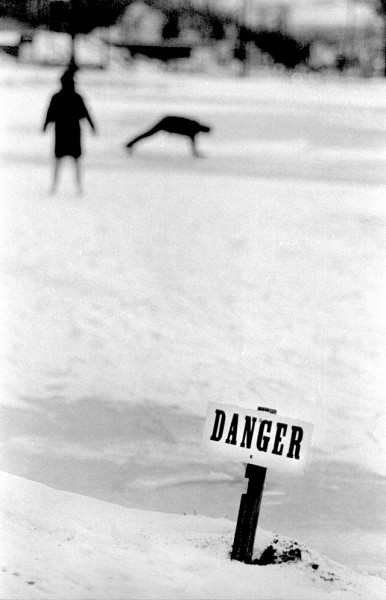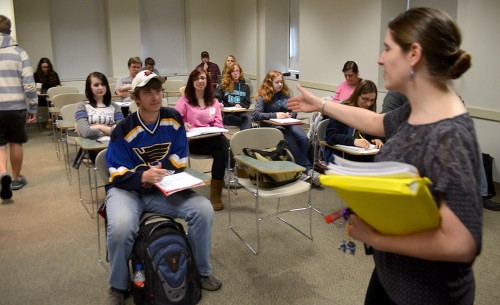 Tuesday was a fun day. I got to speak to Dr. Lily Santoro’s Local Techniques in History class at SEMO. I brought along Carla Jordan from the Altenburg Lutheran Heritage Center and Museum in case the kids got rowdy. As it turned out, they were a very attentive group: the laughed where appropriate and were somber where appropriate. I hope they enjoyed the experience as much as I did.
Tuesday was a fun day. I got to speak to Dr. Lily Santoro’s Local Techniques in History class at SEMO. I brought along Carla Jordan from the Altenburg Lutheran Heritage Center and Museum in case the kids got rowdy. As it turned out, they were a very attentive group: the laughed where appropriate and were somber where appropriate. I hope they enjoyed the experience as much as I did.
I promised the group I would keep providing links to the subject matter they had been assigned, so here are stories about Arena and Capaha Parks.
Capaha Park Lagoon
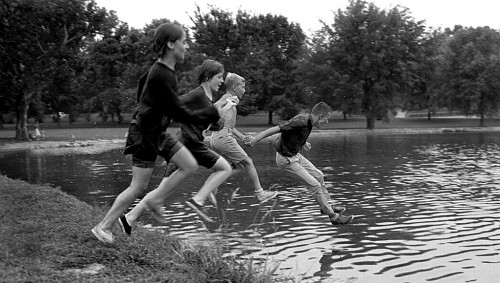 Capaha park has many different facets, so I’ll break pieces of it apart. The lagoon is in more-or-less the center of the park. It was one of the first places I fished by myself. Except for one monster crappie I caught to win a rod and reel in a fishing contest, my results were mostly unremarkable.
Capaha park has many different facets, so I’ll break pieces of it apart. The lagoon is in more-or-less the center of the park. It was one of the first places I fished by myself. Except for one monster crappie I caught to win a rod and reel in a fishing contest, my results were mostly unremarkable.
- Capaha Park lagoon algae
- Capaha Lagoon freezes over in 1968
- Fire engine drafting water from Capaha Lagoon
Capaha Park Pool
The Capaha Park pool was THE place to be in the summer months. Wife Lila and her best friend were lifeguards there. When the pool was razed, they shared some powerful memories. She had a tear in her eye the first time she came back to Cape and saw it gone.
- Capaha Park Pool cleaning
- 1964 Capaha Park swim meet
- Capaha Park Lagoon swimmers
- Capaha Park Pool party
- Capaha Park Pool reduced to memories
- Capaha Park Pool erased
Capaha Baseball
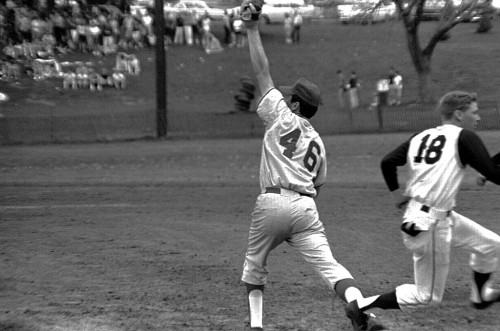 Baseball field at Capaha Park
Baseball field at Capaha Park- Capaha Park memorial to Mike Schuette
- Minor League baseball teams
- Vintage Capaha baseball
General Park stories and photos
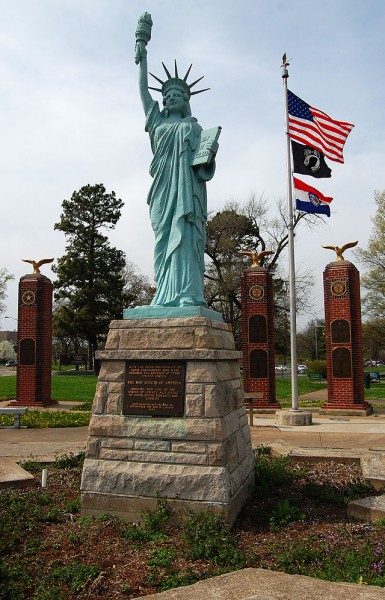 1964 aerials of Capaha Park, Southeast Hospital and Franklin School
1964 aerials of Capaha Park, Southeast Hospital and Franklin School- Capaha Park treasure hunter
- Trains at Capaha and Arena Parks
- Capaha Park Rose Garden
- Municipal Band Shell
- Cherry Hill Easter egg hunt
- Cpl. Robert Taylor – Freedom Corner
- Gary Schemel -Freedom Corner
- Freedom Corner on Memorial Day
- Occupy Cape at Capaha Park
Arena Park
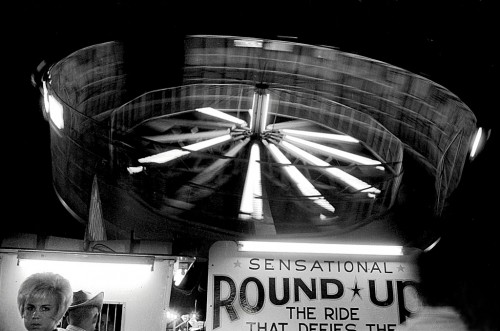 Arena Park was best known for the District Fair, stockcar races, animal exhibits and the train.
Arena Park was best known for the District Fair, stockcar races, animal exhibits and the train.
- 1964 SE MO fair
- Trains at Capaha and Arena Parks
- Arena Park stockcar races
- Arena Park motorcycle races
- Stock car scuffle
- Cub Scouts at Arena Park
- Arena Park fireworks from the ’60s.
- Radioactive teenage girls at the Arena Building
- Color photos of fair in the ’60s
- Youth casting contest at 1967 fair
- Fair trophies and cow milking
- In the Arena Building for the fair
